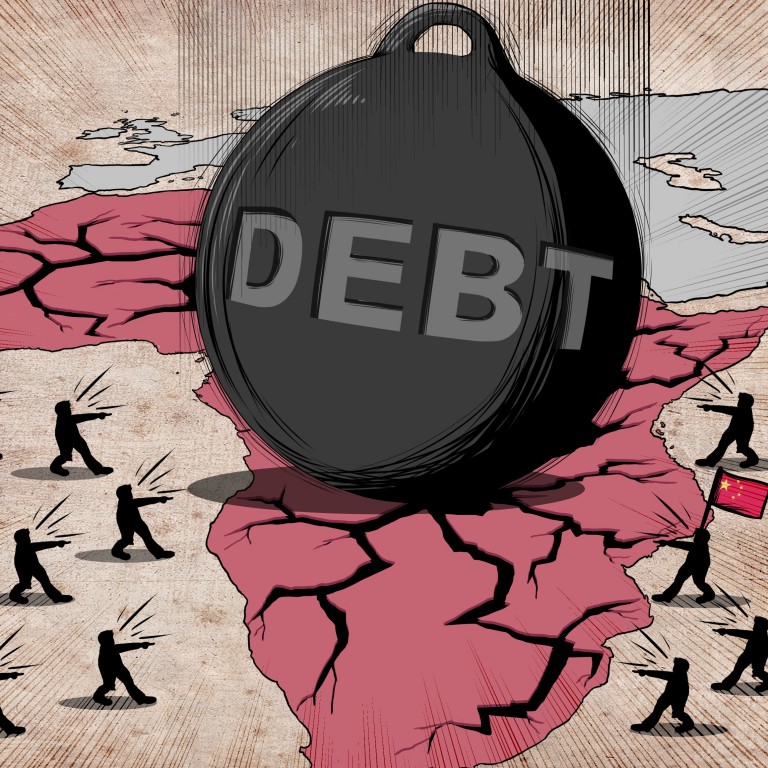5 Tried and Tested Strategies to Get Out of Debt

Depending on the severity of your debts, getting out of debt might be something you need help with. This can come in the form of professional debt advisors and counselors. Alternatively, your debts could be something that, with plenty of motivation and the right tools, you can deal with yourself.
In this guide, we will introduce five smart but simple everyday tricks you can use to get your debt situation under control and eventually win your battle with personal debt.
Contents
1. Follow the 50/30/20 plan
Building a budget is an essential part of any debt management strategy. One of the most well-known and effective routes to sustainable budgeting is the 50/30/20 plan. To follow this plan, you must allocate 50% of your monthly income to essential expenses (your needs), 30% to non-essential expenses (your wants), and 20% to paying off your debts or saving. As your priority is to pay off your debts, in the early days you should reallocate more money from the non-essential expenses category to make extra debt repayments. You should focus on paying off your most expensive debts first or try using the ‘snowball’ debt repayment method described below.
2.Increase your income

Is there a simple way you could increase your income? If overtime is available at work, doing a few extra hours every week could raise money that can go straight to paying off your debts. Alternatively, you could sell old clothes or possessions you no longer need online, get a second job for a couple of evenings a week or even rent out a spare room on Airbnb. There are plenty of options out there, and assuming your essential expenses are already covered by your income, any extra money you raise can go towards making overpayments on your debts.
3. Use the ‘snowball’ method
The debt snowball method is a debt repayment strategy where you pay off your debts, from the smallest to the largest, and gain momentum as each debt is repaid. Here’s how it works:
- Step 1: List your debts in order of smallest to largest, regardless of interest rate
- Step 2: Make minimum repayments on all your debts
- Step 3: Pay as much as possible on the smallest debt
- Step 4: Repeat until each debt is repaid in full
You can find out more about the snowball debt repayment strategy on Wonga’s debt management guide.
4. Consider debt consolidation
Debt consolidation is the process of restructuring multiple outstanding loans into a single loan with a new repayment period and interest. The single payment you make on a debt consolidation loan will often cost less than the multiple repayments you were making before. However, that’s usually due to the fact that you’ll be making the repayments over a longer period of time.
5.Set clear financial goals

It’s very easy for your short-term spending to get out of hand. Sometimes, people spend to keep up appearances or even out of pure boredom. Thinking about your financial goals in the near and long-term, such as going on holiday or saving for a house, and keeping these in mind, can help to keep you on track. Getting out of debt takes time and requires considerable sacrifice, so understanding why you’re doing it can provide some much-needed motivation.
What strategies have you used to get out of debt and what were the greatest challenges you faced? Please share your experiences in the comments below.








